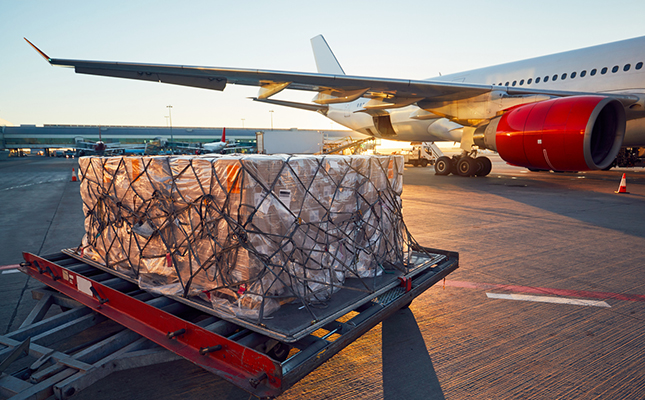In an effort to contain a spike in Covid infections, the Chinese government has significantly reduced operations and crew availability, forcing airlines to cut hundreds of flights. To compound the issue, this is happening just as peak shipping season goes into high gear in a sector already struggling to keep up with strong demand.
According to logistics experts, the growing scarcity of long-haul planes could drive freight rates above $20 per kilogram on certain trade corridors within a few weeks, making air cargo rates five to six times more expensive than usual during the fall rush. The only other time shipping prices were that high was during the early days of the pandemic, when the widespread cancellation of passenger flights wiped out a large chunk of the capacity.
As of Aug. 6, according to the most recent statistics from logistics providers, 531 flights, or 43 percent of the daily total, had been canceled from Beijing and 408 flights had been canceled from Shanghai Pudong International Airport. In Xiamen, two-thirds of the flights were canceled. Sunan Shuofang International Airport in southern Jiangsu province, which serves the cities of Wuxi and Suzhou, is also not taking import goods.
Covid has been combated in different ways at each airport. For example, employees at Shanghai Pudong Airport, a key freight center, work for seven days, then quarantine in a government hotel for seven days, then quarantine at home for seven days before repeating the cycle.
More than half of the workforce has been laid off as a result, reducing the ability to consolidate and break down cargo as well as load and unload planes. All-cargo airlines are snarled by the extra time on the ramp because pilots are violating tiredness guidelines that limit the amount of time they may spend on the job. To dodge strong Chinese demands, airlines are changing crews in Tokyo and Seoul, South Korea.
“The mass cancellation of cargo flights in China is the latest in a series of supply chain disruptions this year,” said Joe Monaghan, president and CEO of Worldwide Logistics Group. “It’s hard to get a break the last few months with congestion at LA ports, factory closures, lockdowns in various countries, even the issue at the Suez Canal this year.”
Logistics experts expect skyrocketing rates because the cutbacks in flights are hitting at the same time as demand to move seasonal holiday goods increases and because many businesses are turning to air due to the massive backlogs in ocean shipping.
Another trade restriction was imposed this month when the US Department of Transportation reinstated a 150-flight annual quota on charter flights from China’s two main economic zones on Aug. 1. In 2020, the charter limits were waived to aid in the shipment of necessary medical equipment and other supplies to battle Covid.

